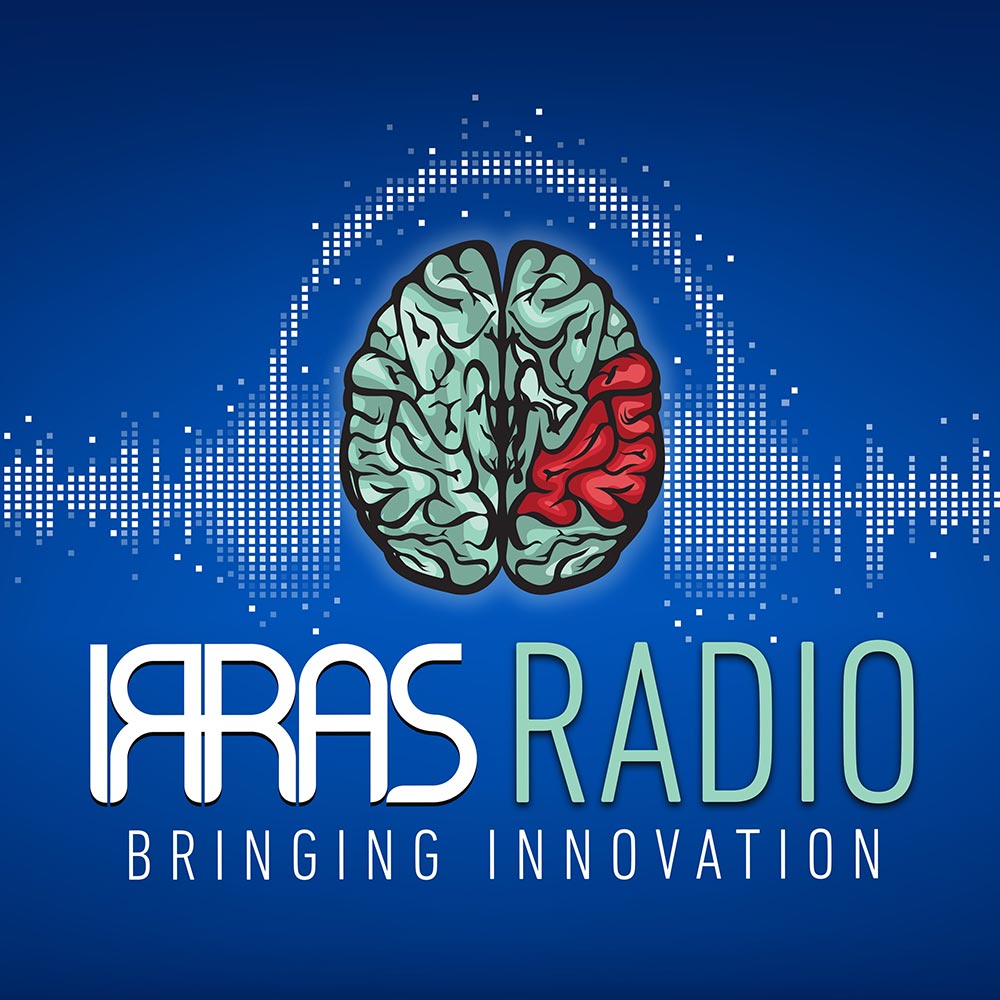The IRRAS Radio podcast provides an informative exploration of cutting-edge technology in the neurocritical care space. Host, John Unser, interviews thought leaders from around the world to discuss the latest trends in the treatment of patients suffering from traumatic brain injury and intracranial bleeding. Topics include relevant clinical data, current treatment options, and personal clinical experience.






